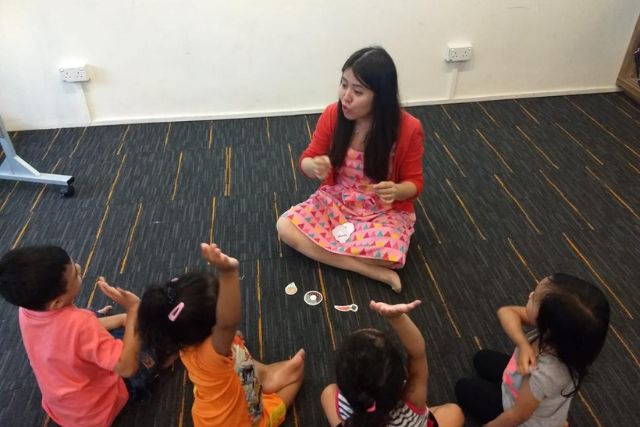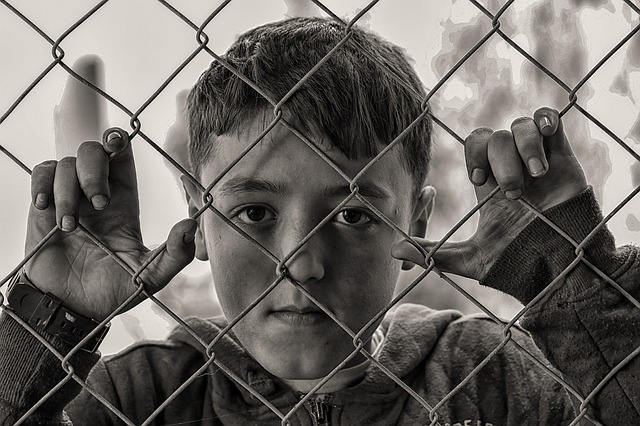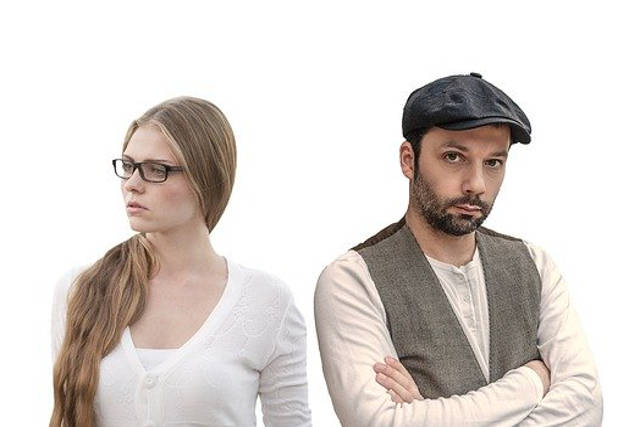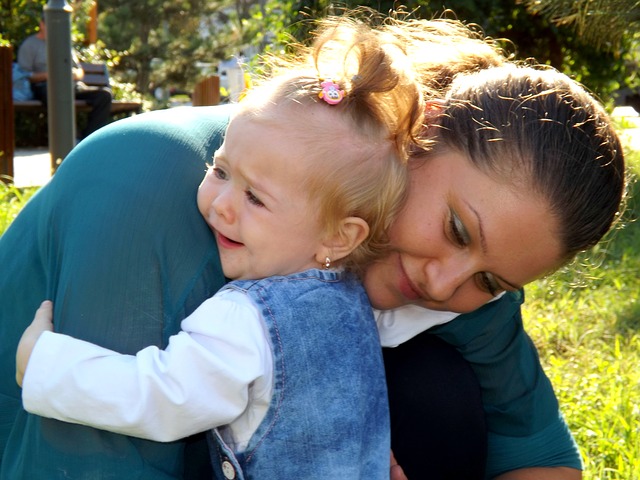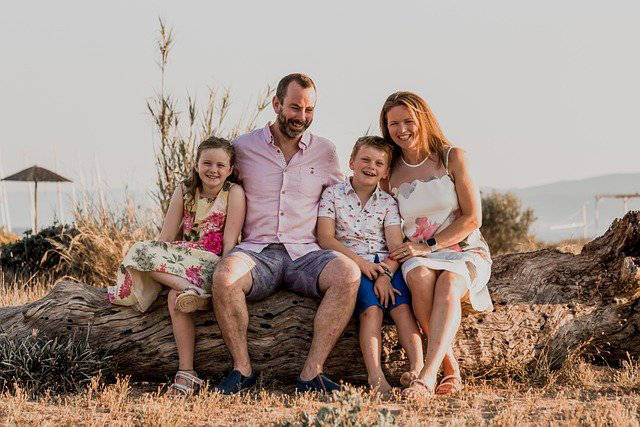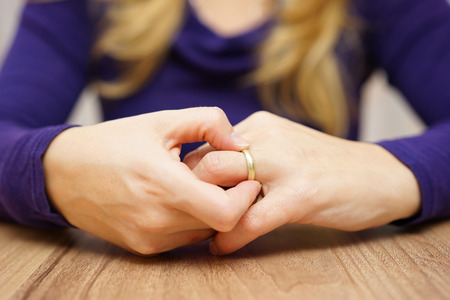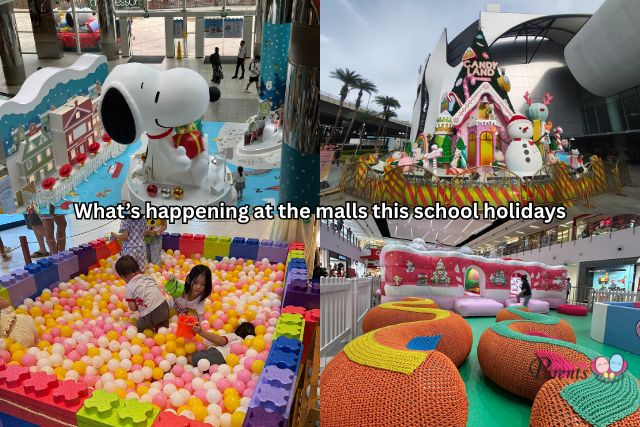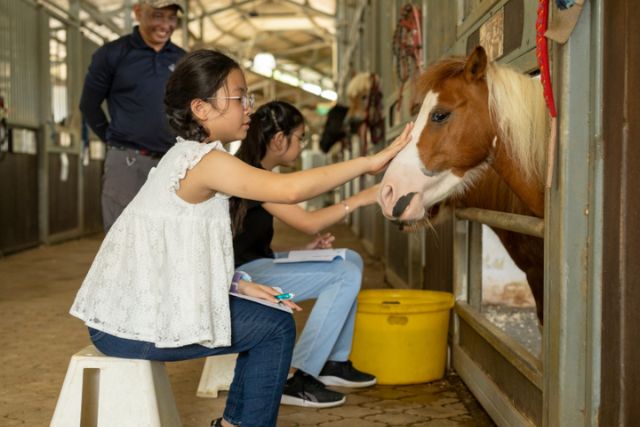How can a toddler understand the changes that are going on between two adults’ lives? Looking from a toddler’s point of view, a divorce possibly means that usual routines may be affected, a loss of a playmate, a sense of attachment and trust broken and even possibly a change in the main caregiver. As adults, we find ways and strategies to help ourselves cope with such transitions in life, but toddlers will need our intervention to help them make a positive adjustment, with as few implications as possible.
Understanding the ‘Why?’
How is it that a toddler can recognise the change that has been going on? According to a Human Development and Family Studies specialist, Kim Leon, the first three years of life is when infants and toddlers grow quickly, become mobile, gain language, understand the world and form relationships. Because development is both nature (genetic) and nurture (by the environment), a change of environment can create stress in them.
While younger toddlers will find it hard to see things from another person’s perspective, in relation to themselves and their needs, older toddlers are more aware of others’ feelings and may express themselves through words and play. Nevertheless, they will still find it hard to manage strong feelings like sadness and anger, and feelings of unsafe and stress. Some may end up displaying frequent shifts in an emotional state, while others may show regression into an earlier developmental stage. Toddlers may also withdraw from people, develop fears and even normal routine patterns change.
What can I do?
Divorce can be a stressful process, both for the adults and the child. Even so, the most important thing to do, as parents, is to provide that sense of security and structure that a toddler needs.
#1 Maintaining consistency
Toddlers need consistency to feel secure, and in the midst of the changes, it is crucial to ensure that toddlers do not get confused but continue to have consistent happenings in their lives. Here are some ideas of consistency:
- Consistent daily routines: Daily routines should be kept as similar as it is before. This may require additional effort by the parent caring for the toddler to ensure that little disruptions are made to what the toddler is regulated to.
- Family rituals: Continue with family rituals that were established before (such as going to a park on a particular day of the week, or visits to grandparents on weekends, etc.).
- Develop new rituals: Create new rituals that the parent can do with the toddler on a regular basis such as bedtime stories together.
#2 Maintaining Secure Attachment
From a developmental perspective, the first three years of infants’ and toddlers’ lives are important in developing a strong sense of trust and attachments. Failure to meet this need will result in a sense of fear and belief that the world is inconsistent and unpredictable, with future implications. In order to ensure a secure attachment, parents need to:
- Respond to the toddler’s needs in predictable, sensitive and affectionate ways. Despite the negative emotions that parents may experience in times of divorce, our emotions should never be projected on the toddlers.
- Work with the other parent as much as possible, and in a best-case scenario, plan time with each parent on a regular basis.
- Avoid having conflict before the toddler, because while the toddler may not understand what the conflict is about, they do pick up on the negative emotions and are likely to feel scared and confused.
#3 Communicate
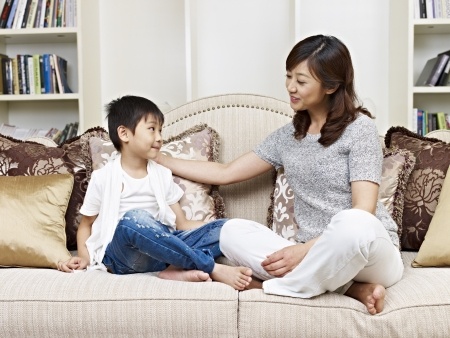
While both parents may not have to do things the same way, it is important that they communicate and coordinate with regard to certain parenting issues and toddlers’ needs. If other caregivers are involved in the caring of the toddler, communicate with them as well to update them about the family changes.
- The early years are when the toddler is developing self-help skills. In the event that the toddler gets to spend time with both parents, routines have to be kept as similar as possible, to ease their learning. For example, toilet training is easier if both parents agree on when and how to provide support for the toddler.
- While your privacy should be respected, it is important that other caregivers are aware of the changes going on in the toddler’s life so that they can provide support for the toddler, and in some cases, may even notice behavioural changes that you may be unaware of.
#4 Provide reassurances
Despite the changes going on at home, every toddler has the right to know that they are still loved by both parents. Watch your toddler at play to understand how he/she is feeling and thinking, give time to your toddler in time of separations to say goodbye to you, allow your toddler to express emotions and acknowledge them.
Never do…
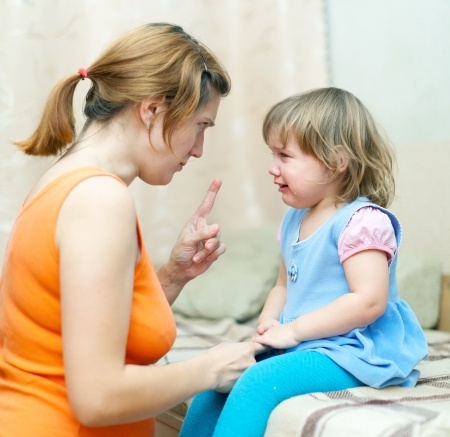
Very often, mums or dads may experience a sense of guilt towards their children, and their parenting style may change, to become more strict or permissive. Some may react with a sense of need to compensate for their absence through frequent gifts. This, however, is not the best way to parent a toddler.
What a toddler really needs is to have reasonable and loving limits. Developmentally, toddlers do need clear and simple rules that are enforced in a consistent, calm and positive manner. By being too permissive, parents are actually hindering the toddlers’ development in self-regulation, self-control and emotional regulation. On the other hand, being too strict may result cause a toddler feeling a sense of shame, doubt and mistrust. Hence parents have to find a balance – set appropriate expectations, give appropriate choices for their toddlers and stay consistent.
What’s next?
A divorce can be a long and emotional process. Though it may be difficult communicating with the other parent with regards to the child, continue to keep the focus on the child, remembering that ultimately your common goal is to ensure that the child will be able to ease through the period of transition and changes.
Reference to Kim Leon’s article on ‘Helping Infants and Toddlers Adjust to Divorce’ has been made in parts of this article.
By Melisa Neo.
* * * * *
Like what you see here? Get parenting tips and stories straight to your inbox! Join our mailing list here.
Want to be heard 👂 and seen 👀 by over 100,000 parents in Singapore? We can help! Leave your contact here and we’ll be in touch.













